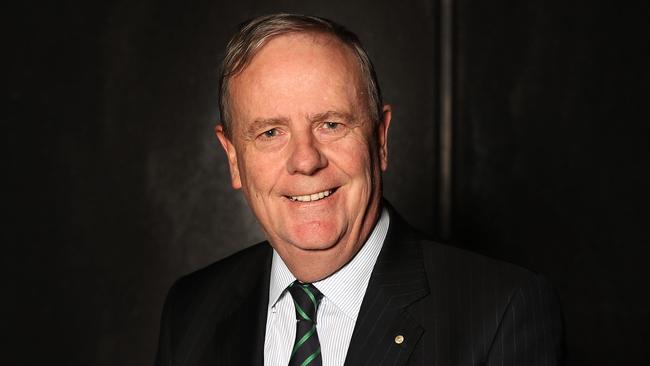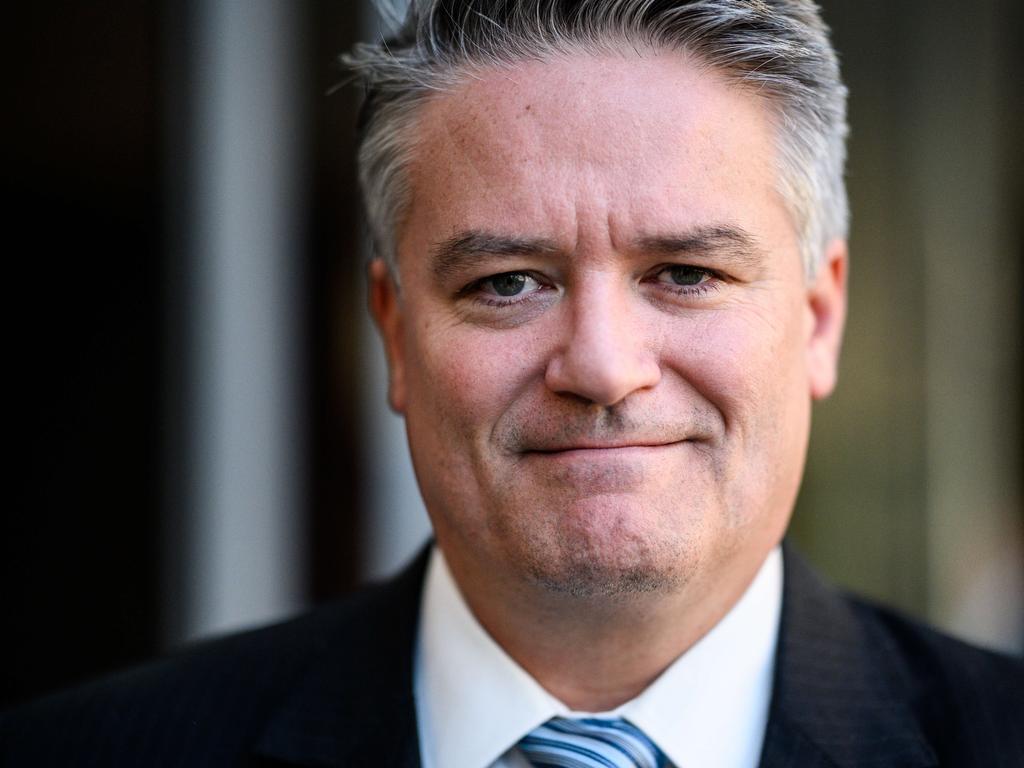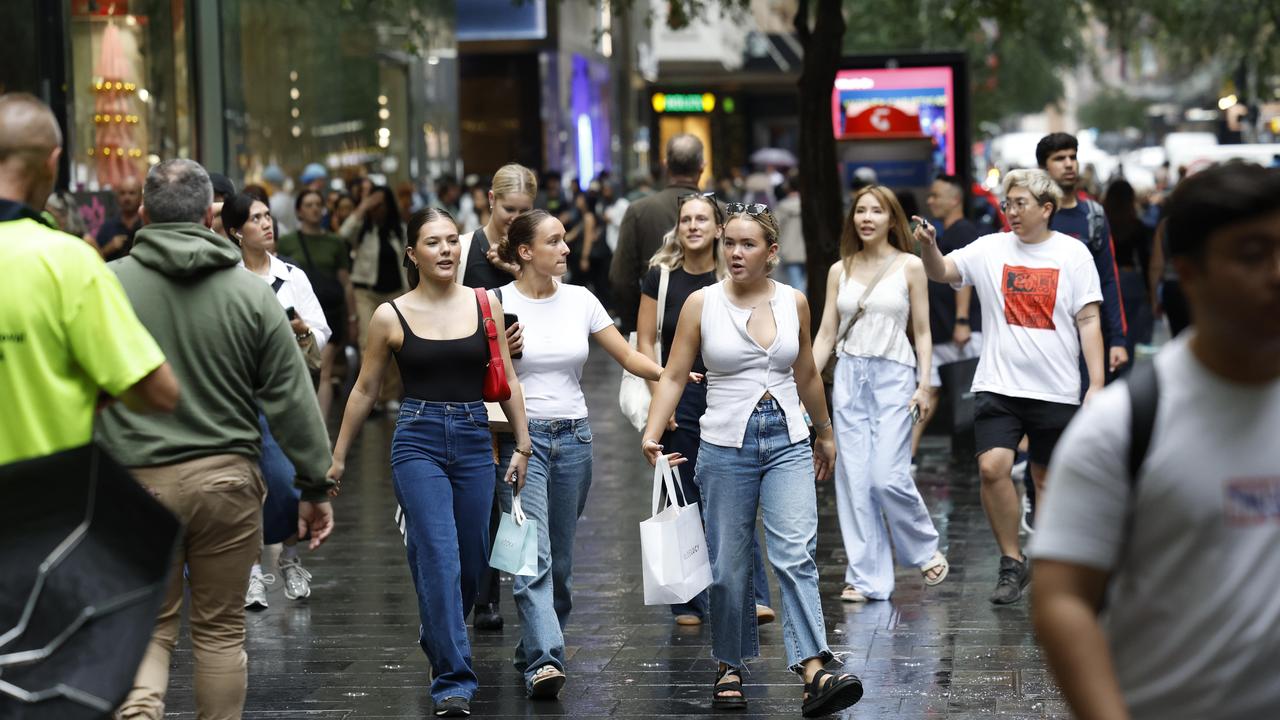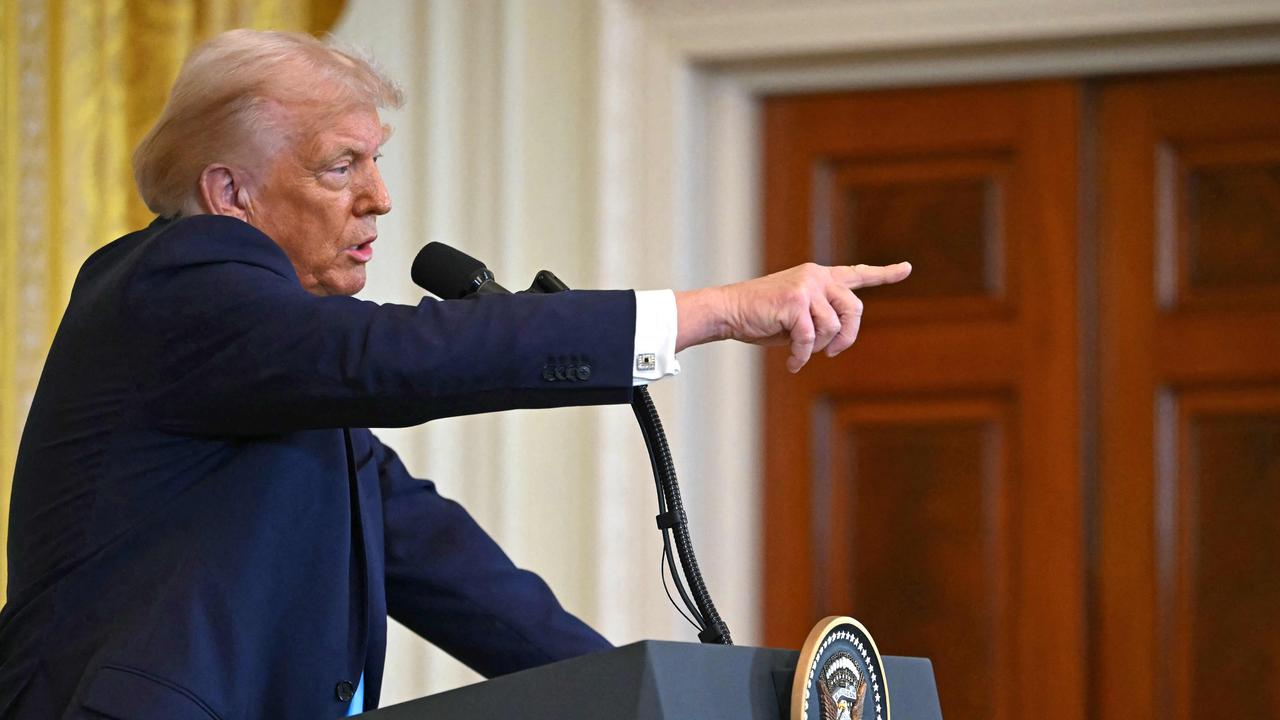RBA cuts won’t help the economy, says Peter Costello
Future Fund chairman Peter Costello has brushed off suggestions that further cuts in official interest rates will help the economy.

Future Fund chairman Peter Costello has brushed off suggestions that further cuts in official interest rates will help the economy, while urging the government to resist calls to ratchet up infrastructure spending, saying it should tackle the “hard” issues of structural reform.
Mr Costello, who is Australia’s longest-serving treasurer, said the soft levers of fiscal and monetary policy had “passed their useful life” and a widely expected cut in rates next week would not have any impact on the economy.
His comments were backed up by former Reserve Bank board member Warwick McKibbin, who said further rate cuts would have little effect beyond “damaging confidence”.
In a speech to the Yahoo! Finance conference in Sydney on Thursday, Mr Costello said the government should address imbalances in the economy that had built up over 28 years of uninterrupted growth by undertaking reforms that would lift productivity and wages.
He said the economy was in “abnormal times” when it had produced low unemployment as well as current account and budget surpluses but had interest rates at near emergency levels. “These are not normal times,” Mr Costello said. “The stockmarket is booming on emergency interest rates.”
Mr Costello’s comments come after repeated calls from Reserve Bank governor Philip Lowe and others for the federal government to increase spending on infrastructure and undertake structural reforms to lift growth rather than leaving it to monetary policy.
“I hear the case for infrastructure — most of it is built by state government and in fact they are spending big on big projects,’’ he said. “The commonwealth government doesn’t really build infrastructure and when the commonwealth government builds infrastructure it builds school halls and puts pink bats into homes. It rarely works ... it just can’t do it. I would be very very wary about going back down the path of fiscal stimulus.”
The RBA board meets on Tuesday and is widely tipped to cut official interest rates from an already unprecedented low of 1 per cent to 0.75 per cent. It would be the third cut in interest rates this year after 25-basis-point reductions in June and July.
Mr Costello said cutting rates to keep the Australian dollar exchange rate competitive with other rate-cutting countries was a key concern for the RBA, but he said further cuts would provide diminishing returns for the real economy.
“What will a rate cut do for the economy? In my view, not much,” he said. “We have already got a cash rate of 1 per cent. Suppose it goes to 0.75? Suppose it goes to 0.5?
“All these people that are holding off spending or borrowing or investing, do they say ‘I wouldn’t have done it at 1 per cent but I am going out there now that it is 0.75 per cent’? I don’t think so.”
Professor McKibbin, a member of the RBA board from 2001 to 2011, said the central bank would need to explain itself “carefully” if it cut rates further.
“We’re past the point where it is having an impact except in damaging confidence,” he said.
Professor McKibbin said blaming other central banks for having to lower rates was a “lemming argument … We should be managing the economy based on what’s happening in Australia.”
In a speech on Tuesday, Dr Lowe said ultra-low interest rates in the US and Europe would see the Australian dollar appreciate unless the RBA cut interest rates.
Professor McKibbin said: “The fixation of the RBA at the moment is transmission of policy through the exchange rate, but when they cut rates, the currency has been appreciating.”
UTS economics professor Warren Hogan backed Mr Costello’s comments. “He’s probably being generous; it’s extraordinary to think about cuts when the governor himself has talked about a ‘gentle turning point’ on the horizon,” Professor Hogan said.
Highlighting the challenges of anaemic wage growth and mounting geopolitical threats to the economy, Dr Lowe said in his speech that he expected economic growth would pick up gradually.
“We did not expect this slowdown, so it has come as a bit of a surprise,” he said. “Looking forward, there are some signs that, after a soft patch, the economy has reached a gentle turning point.” He pointed to stronger growth in the first half of this year than the second half of last year.
Professor Hogan said he expected a pick-up in growth in 2020 from the 10-year low of 1.4 per cent reached in June.
“The balance sheet adjustment has occurred, and I think over the last few years we’ve seen households get used to this new lower wage growth environment.”
Senior Macquarie Bank economist Justin Fabo said another rate cut “in isolation wouldn’t do much”, but 50 basis points on top of the 50 basis points we’ve had already “would support growth”.
Mr Fabo said the government still could stimulate the economy without upsetting its path to sustained budget surpluses. “Bringing forward scheduled tax cuts or lifting Newstart would hardly cause budgetary problems, given the starting point for net government debt is less than 20 per cent of GDP,” he said. “So what if it goes from 19 per cent to 20 per cent temporarily?”
Mr Costello’s remarks follow fresh concerns that a rebound in growth this quarter won’t eventuate, after the ABS said the jobless rate rose to 5.3 per cent in August.



